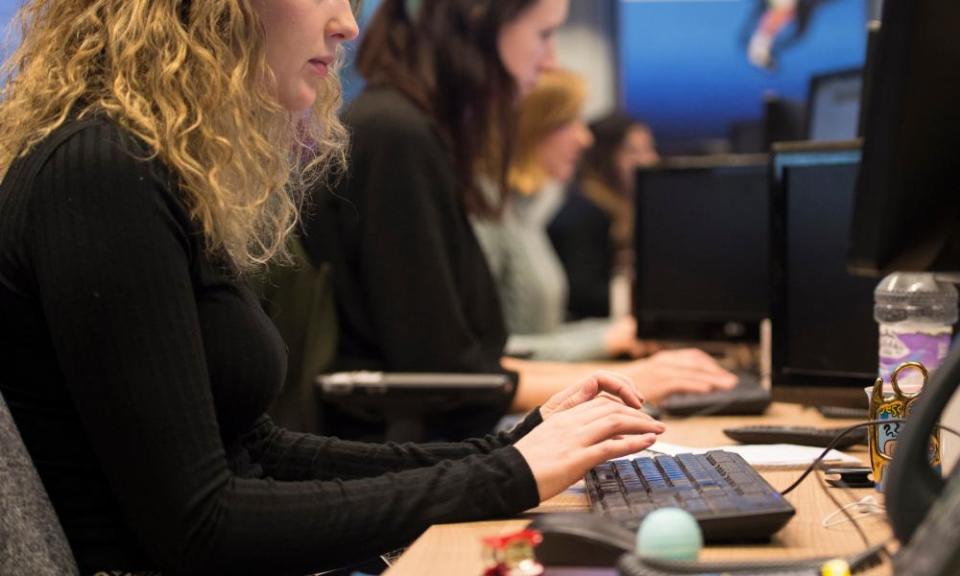Graduates trapped in unpaid internships, study finds

Graduates are being trapped in a cycle of unpaid internships that offer no significant benefit to their career, research by a social mobility charity has found.
The Sutton Trust reports that around one in four graduates (27%) have done an unpaid internship in order to “get a foot in the door” in pursuit of their career goals.
Though most will do on average just under two internships, the report reveals that a small but significant proportion of graduates complete three or more unpaid internships, with little reward.
“Completing an internship was associated with higher salaries, for both middle and working-class graduates,” it states. “However, there is evidence that completing multiple internships can have diminishing returns and may actually have a negative impact on employment and wages.”
The Sutton Trust, which aims to enhance social mobility through educational opportunity, says graduate internships are on the increase with around 100,000 interns working in Britain each year, around 58,000 unpaid.
Middle-class graduates, whose families are well-connected and able to fund them, are significantly more likely to sign up as interns than their working-class peers. As a result, those who can afford to work for free are more likely to access opportunities which can lead to careers in areas such as journalism, fashion and politics.
A large proportion (43%) of unpaid interns rely on living for free with family and friends; more than a quarter (26%) are dependent on money from their parents, while fewer than three out of 10 (27%) found paid work to subsidise their internship.
The report, called Pay As You Go?, draws on a YouGov survey of more than 2,500 graduates which showed that 46% of 21 to 23-year-olds have completed an internship, compared with 31% of graduates aged 27-29.
Meanwhile, 5% of graduates surveyed said they had done three or more unpaid internships. Of these, the report warned: “There are indications that many young people are being trapped in cycles of internships which are not resulting in positive outcomes.”
More than 1,000 business leaders were also surveyed. The Sutton Trust says awareness appears to be growing among employers about their pay obligations to interns – in the past two years, 56% of internships were unpaid, compared with 69% five years ago.
Serious inequities persist, particularly in some industries such as the media – including arts, fashion, theatre and television – where almost nine out of 10 internships on offer are unpaid (86%), putting them beyond the reach of most working-class graduates.
Unpaid internships in politics also continue to act as a barrier to less well-off graduates. Almost a third (31%) of staffers working for MPs and peers worked unpaid, including 36% for Labour offices and 28% for Conservatives.
The survey reveals continuing widespread confusion about the current law on unpaid internships. As the law stands, under national minimum wage legislation interns must be paid if they are expected to work set hours or on set tasks – half of employers and more than a third of graduates (37%) were unaware of this.
Sir Peter Lampl, the founder of the Sutton Trust and the chair of the Education Endowment Foundation, said: “Unpaid internships prevent young people from low and moderate-income backgrounds from accessing careers in some of the most desirable sectors such as journalism, fashion, the arts and law.
“This is a huge social mobility issue. It prevents these young people from getting a foot on the ladder. In order to help tackle this situation internships should be advertised, not offered through informal networks. This locks out the many young people who don’t have connections.”
The Sutton Trust is backing a private member’s bill from the Conservative peer Lord Holmes of Richmond, calling for a ban on unpaid internships over four weeks.

 Yahoo Finance
Yahoo Finance 